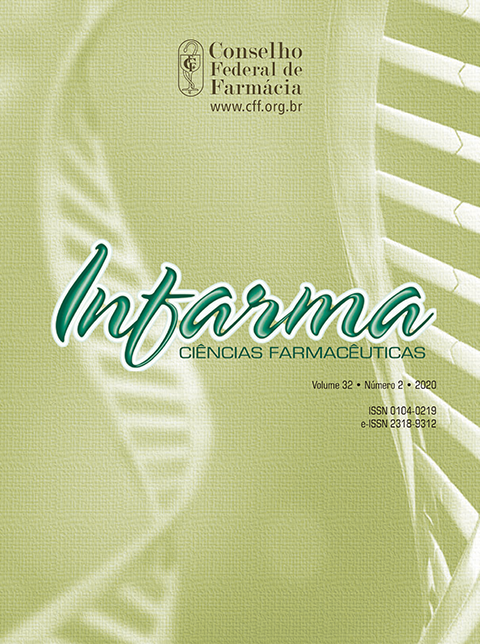DIVERGENCES IN REGULATORY REQUIREMENTS FOR COMPOUNDED FORMULATION AND INDUSTRIALIZED MEDICINES
DOI:
https://doi.org/10.14450/2318-9312.v32.e2.a2020.pp128-136Keywords:
drug regulation, quality control, drug compoundingAbstract
Compounding medication are important in the supply of drugs not commercially available to patients with special needs. However, quality control requirements diff er from those applied to industrialized medicines. This study aimed to elucidate diff erences between Anvisa RDC nº 67/2007, which regulates the compounding medicines, and RDC nº 310/2019, which regulates the production of industrialized medicines. The main diff erences related to quality control were highlighted. Whereas for the compounding preparations only quarterly content and uniformity analyzes are required, processed products are only released for commercialization or distribution after satisfactory quality has been proven for all the batches produced, and it is mandatory to carry out full testing with validated methods. As a consequence of lower regulatory requirements, several reports are found in the literature about quality deviations of drug compounding. Among the most common are drugs with asset swaps, fraud by adding undeclared substances, dosage errors leading to poisoning and death. Solutions to these problems include updating RDC No. 67, with pertinent adjustments for stricter quality control, constant sanitary inspection of establishments and market monitoring.
Downloads
Published
How to Cite
Issue
Section
License
Authors who publish in this journal agree to the following terms:
- Authors retain the copyright and grant the journal the right of first publication, with the work simultaneously licensed under the Licença Creative Commons Attribution which allows the sharing of work with acknowledgment of authorship and initial publication in this journal.
- Authors are authorized to take additional contracts separately, for non-exclusive distribution of the version of the work published in this journal (e.g. publish in institutional repository or as a book chapter), with acknowledgment of authorship and initial publication in this journal.
- Authors are allowed and encouraged to publish and distribute their work online (e.g. in institutional repositories or on their personal page) at any point before or during the editorial process, as this can generate productive changes as well as increase the impact and Citation of published work (See O Efeito do Acesso Livre ).


